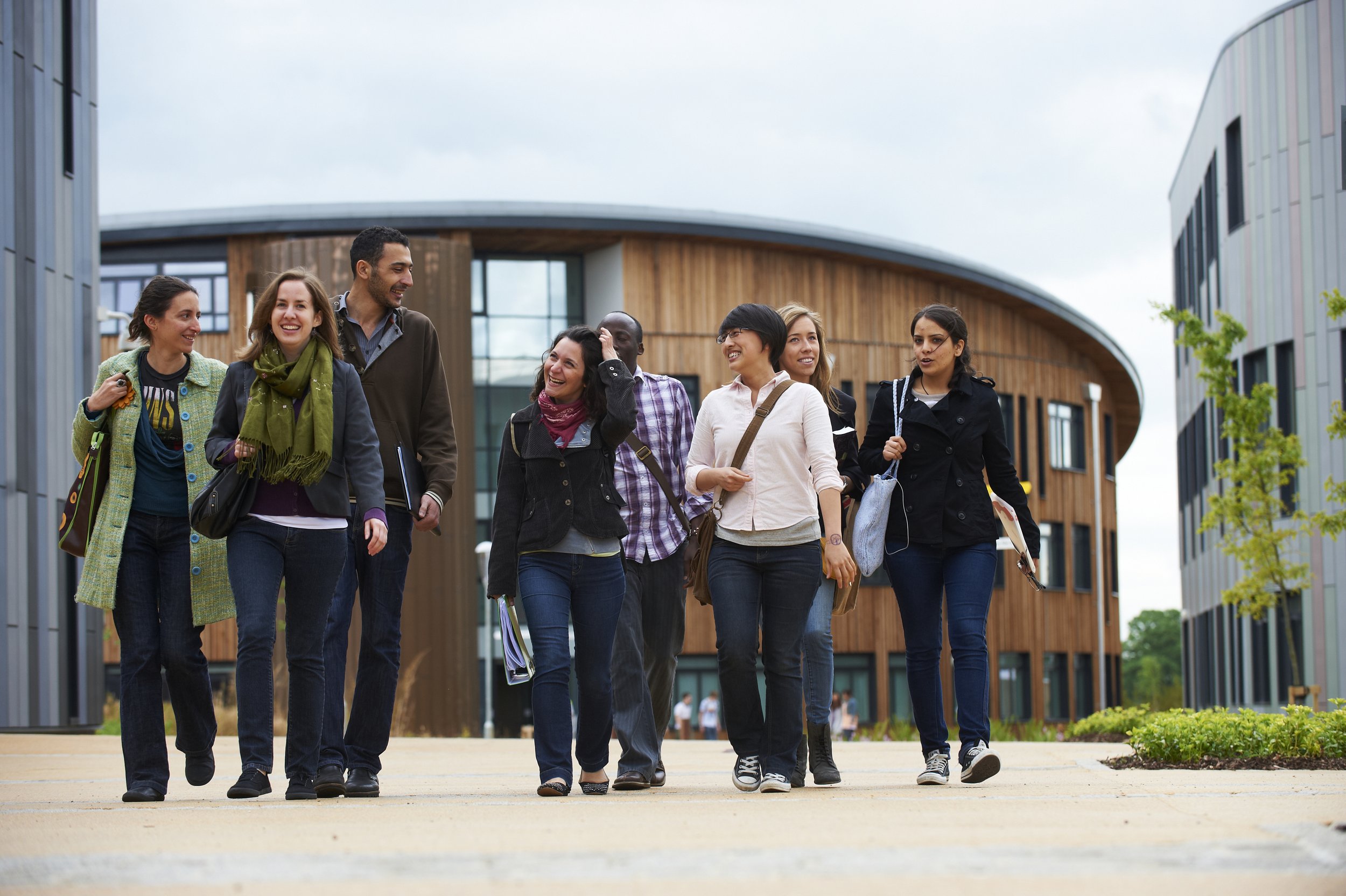INTRODUCTION
Human rights defenders do extraordinary and inspiring work to protect our democracies, our freedom to speak and gather, our livelihoods, and our ability to live in peaceful and secure environments. In every society and every local community there are those who will speak out, stand up, and organise others to further justice, equality and fairness.
But in a context of rising populism and authoritarian rule, these defenders are routinely and increasingly under attack. Those who stand up for human rights take on one of the most dangerous callings in the world. In this context, what is the role of universities in supporting them? In what ways can universities meaningfully engage with human rights defenders at risk, stand in solidarity with them, and enhance the resilience and sustainability of human rights activism?
The focus of these Guidelines is on universities providing international support, although the content may also be of value to universities seeking to stand alongside local activists. Specifically, forms of university engagement can take the shape of visiting fellowships, residencies for human rights defenders, temporary relocation schemes, international exchanges, or scholarships. As such, the Guidelines will be useful for universities hosting formal relocation programmes; scholar and student activists at risk initiatives; defenders supported in more informal and indirect ways, e.g. scholarships for study or research; and where universities provide a home for human rights defenders who need to be outside their home country for longer periods. The Guidelines refer to all of these initiatives under umbrella terms such as ‘protection schemes’ or ‘programmes’.
It is important to note that such interventions are of mutual benefit. An element of shrinking civic and political space for civil society is shrinking academic space and attacks on academic freedom. Lessons can be learned in both directions about pushing back. Further, while defenders benefit from university support through periods of respite, training and capacity enhancement, and networking, universities benefit from the presence of extraordinary individuals who light up the classroom, anchor and direct research, and inspire students, academics and wider university communities.
Universities should also stand alongside civil society because they are values-based institutions, with academic freedom constituting both a core value of universities and a central pillar of democracy and a vibrant public sphere. Further, universities draw on their histories, such as championing anti-colonial and independence struggles, and recent sources of inspiration, such as the Sustainable Development Goals, to shape their public and political engagement. These Guidelines assume values-based and instrumental reasons for enhanced university activism.
The Guidelines have three functions. They represent an invitation to get involved; a source of inspiration about why this work matters; and a guide and set of tools on how to provide support for human rights defenders. The Guidelines are designed to share good practice among universities already involved in protection work and to support other universities seeking to become more active.
Guidance is carefully structured to allow the reader to dip in and out, and to easily find information on specific concerns at all stages of the support process (setting up a scheme; pre-arrival; the programme itself; preparing for departure). Where the Guidelines draw on best practice, keep in mind that these practices have often been developed over many years. To get started does not require that everything in the Guidelines is adopted from the outset. At a certain point it is necessary to stop planning and simply initiate your programme; a great deal of learning can only be done by doing.
Part of the challenge of getting started is for a programme to position itself within the wider ecosystem of security and protection mechanisms. There are many national and regional, as well as issue-based, human rights defender networks. A Protection Ecosystem Map developed by Open Briefing allows users to filter for type of support, thematic focus, and / or regional focus. Universities hosting defender support schemes will need to work with these networks, and other partners, to avoid unnecessary duplication and on issues such as the selection of defenders and shared training.
The Guidelines were co-produced by a group comprising universities, NGOs, donors and human rights defenders, from different contexts, and from the Global North and the Global South, through a year-long collaborative process consisting of several stages: the drafting and circulation for comment of questions about the stages of relocation – setting up a scheme, pre-arrival, relocation itself, (post-)departure; online meetings to discuss responses and good practice relating to the questions; drafting of sections of the Guidelines for comment, including cross-referencing of relevant existing guidelines; and a meeting of collaborators in July 2024 in York to discuss a full draft of the document. A revised draft was sent out for comment towards the end of 2024. The Guidelines are a living document, and will be updated periodically.
